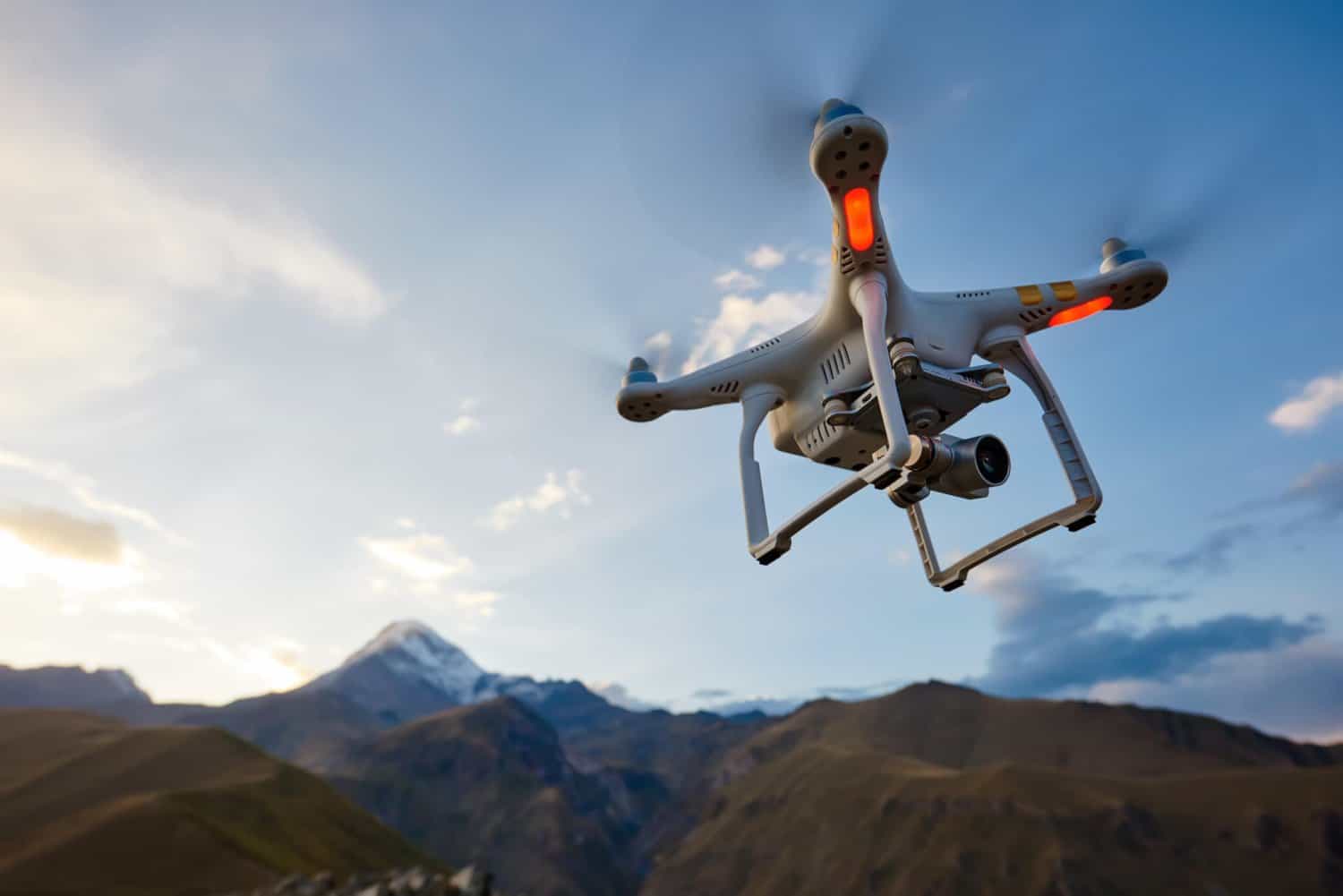Drone operations have become very popular all around the world these days, due to their innovative features and endless applications in the industry. Many countries have been working on the creation of guidelines for the correct use of these devices in the last few years.
Iceland has already established a set of standards for personal and commercial use of drones that will be flying the skies every year.

Follow these simple rules when operating a drone in Iceland:
- Drones must not weigh over 3kg within urban areas and should have your name, address and phone number.
- Be aware of ban zones in Iceland: Reykjavik downtown, airports (2 km/1.24 mi radius), hospitals, state institutes or government buildings, national parks, military bases, power plants, etc. You can find a complete ban zone map online.
- Only fly during daylight hours, good visibility and weather conditions.
- Respect people’s privacy by avoiding crowds or residential areas.
- Do not fly your drone above 120 meters, nor over crowds of people. Do not fly close to residental buildings.
- You will be responsible for all he damages caused by the use of your drone.
There have been a few incidents involving drones in the past due to the fact tourist and locals. This is due to misusage as they did not have the proper training to operate these devices correctly. Today, Icelandic authorities and landowners have restricted the use of drones near national parks or residential areas, by placing signs or stickers that will warn visitors they are entering a no-flying zone.

5 Useful Tips For Flying a Drone in Iceland
However, there are some exceptions when using a drone for scientific or media projects. It is when involving national parks, protected areas, and wildlife. Find out how to apply for UAVs on the park websites.
Take into consideration that when bringing a drone in your luggage, as airlines have been alerted that some batteries used to power these devices may cause a short circuit and over heating if not handled correctly. We recommend you to pack spare batteries in your carry-on luggage. Do not pack it in your checked bags as it may be a security risk. Also, if possible, provide all the specifications of the battery you will be using. Contact the airline to confirm that your equipment will be safe to bring with you or requires special handling.

As technologies continue to evolve, so are the regulations that are being made to guarantee the safety and correct use of these instruments. Also, the community has taken an active part in the way these devices operate. Whether or not they represent a risk to their privacy and everyday activities.
Always take a moment to check the surroundings and assess conditions before operating your device. There may be a liability to the environment or cause an accident to yourself or others.




